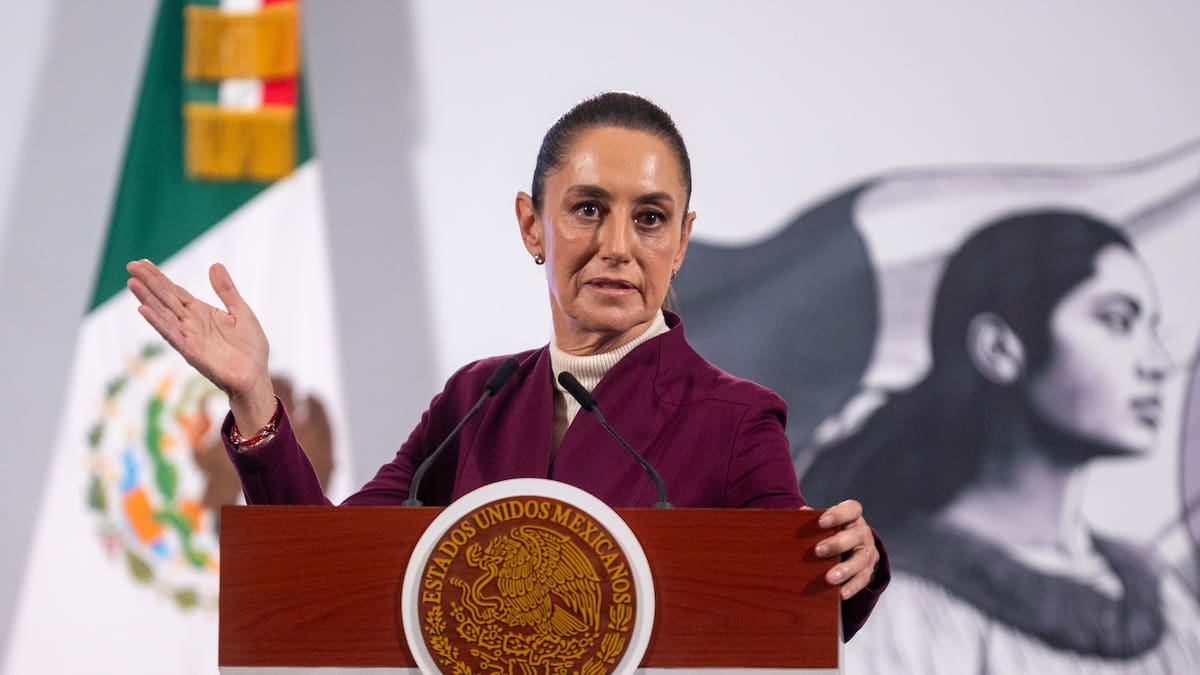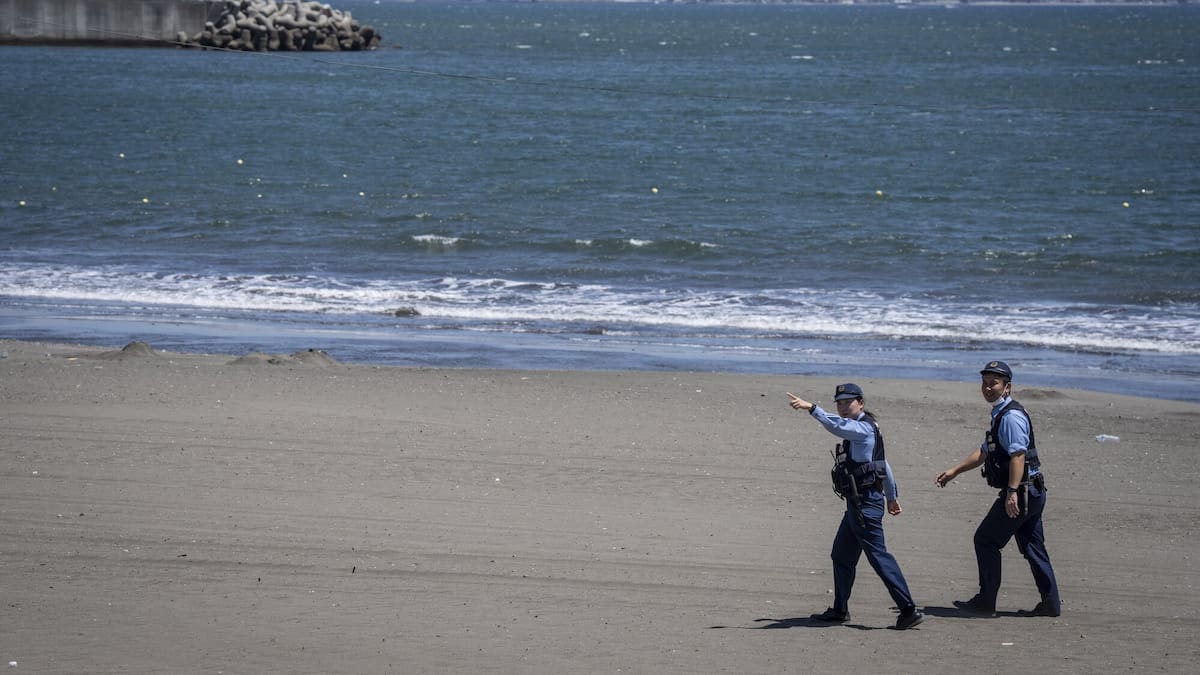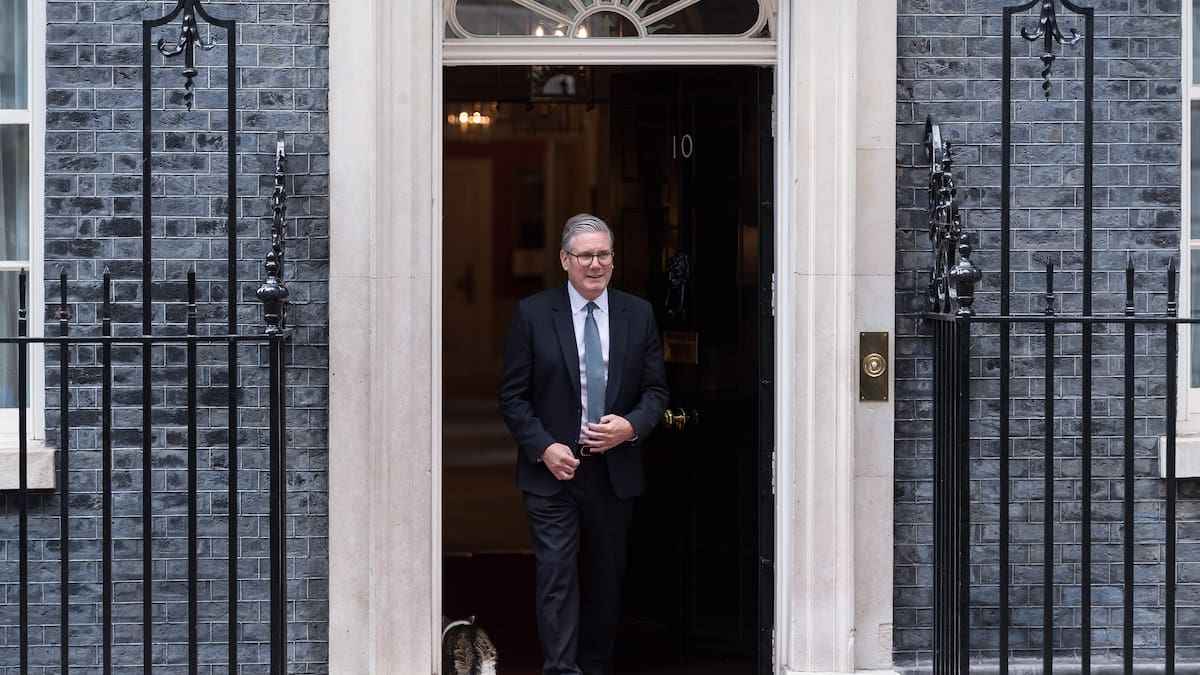If SpaceX violated any international laws, she added, “we will file any necessary claims”.
The quarrelling over SpaceX’s pollution comes at a time of ratcheting tensions between the United States and Mexico over issues including migration, fentanyl trafficking, and the name of the body of water near Starbase, the company town founded by Musk near the border between the two countries.
Sheinbaum, whose leftist party holds enormous sway around Mexico, was responding to calls to take action against SpaceX amid a growing outcry among scientists, regional officials, and environmental activists over the impact that the company’s operations are having on Mexican ecosystems.
Environmental activists in Tamaulipas, across the border from Starbase, have said that the debris from SpaceX’s latest explosion of a Starship rocket had caused a large die-off of marine life including fish, dolphins and sea turtles.
Residents of Matamoros, a city in the state, have reported finding pieces of metal and entire canisters on local beaches.
A SpaceX spokesperson did not immediately respond to a request for comment.
In a statement on X, Musk’s social media site, the company said that there were “no hazards to the surrounding area” and no chemical, biological or toxicological risks to Starship materials.
“We have requested local and federal assistance from the Government of Mexico in the recovery of anomaly related debris, offered resources and assistance in the cleanup, and have sought validation of SpaceX’s right to conduct recovery operations,” the statement said.
“SpaceX looks forward to working with the Mexican Government and local authorities for the return of the debris as soon as possible.”
The Governor of Tamaulipas, Américo Villarreal Anaya, said that the authorities were examining whether “the internationally required distances are being respected in order to have these types of facilities, so that there is no risk to urban centres”.
The debris also became a source of discussion among Mexicans on social media, with many highlighting the power dynamics at play among Mexico, the US, SpaceX and Musk, the world’s richest man, who has tied himself closely to President Donald Trump and holds aspirations of one day sending humans to Mars.

“How much longer will the greed of a few be allowed to marginalise the many and put life and our planet at risk or in peril of destruction?” María Elena Álvarez-Buylla Roces, a professor of molecular genetics at the National Autonomous University of Mexico, asked in a social media post.
Mexico is not alone in grappling with the problem of debris from SpaceX, which recently got authorisation from US aviation authorities to increase its annual Starship launches from Starbase to 25 from five.
Another explosion in March disrupted air traffic at airports from Florida to Pennsylvania.
This article originally appeared in The New York Times.
Written by: Simon Romero
Photographs by: Juan Abundis, and Miguel J. Rodriguez Carrillo
©2025 THE NEW YORK TIMES






